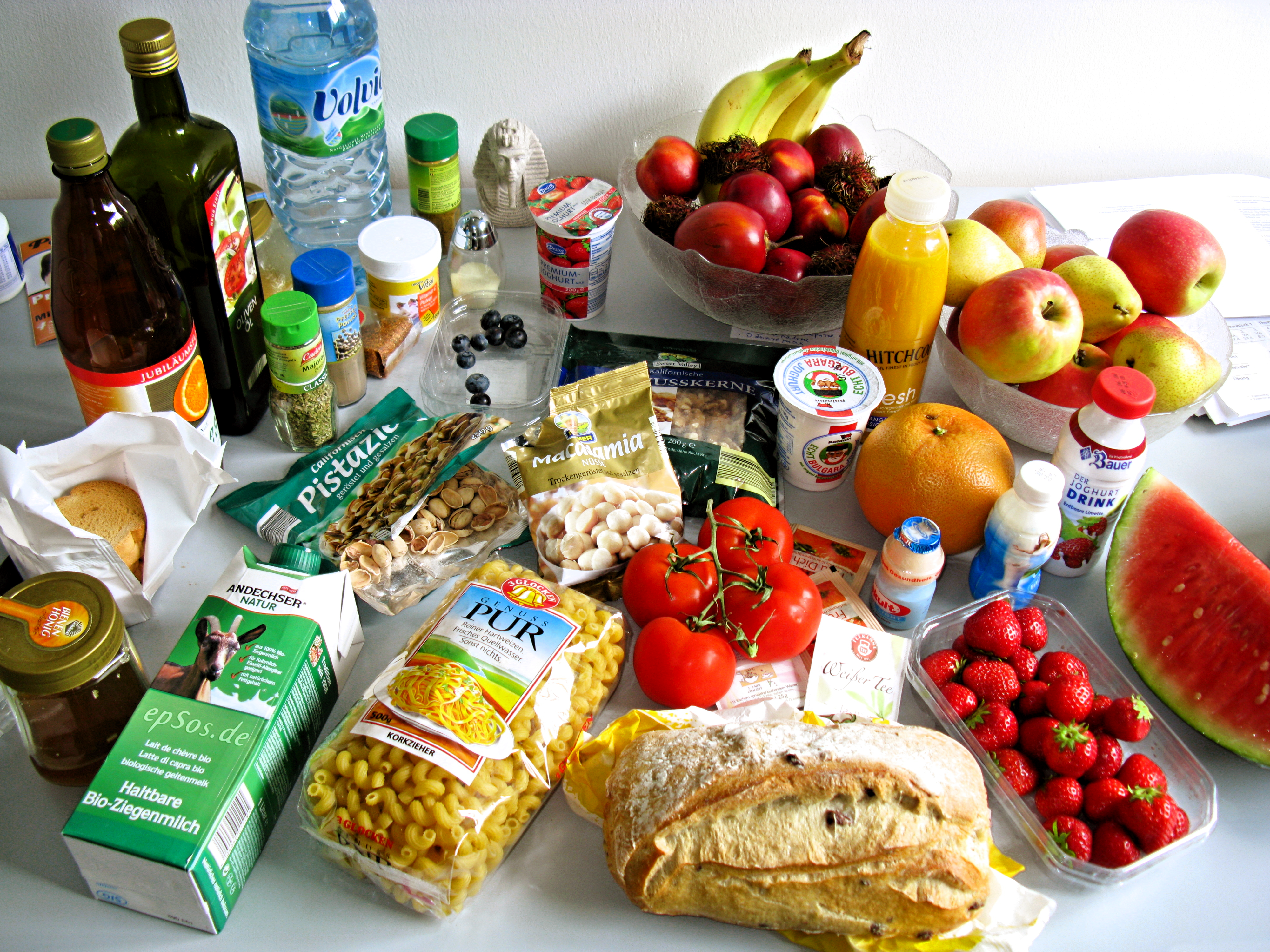|
Seventy-first Session Of The United Nations General Assembly
The Seventy-first Session of the United Nations General Assembly opened on 13 September 2016. The President of the United Nations General Assembly is from the Asia-Pacific Group. Organisation for the session Fijian Ambassador Peter Thomson was chosen over Cypriot Andreas Mavroyiannis to preside over the assembly in a year that includes the election of a new secretary-general of the United Nations. Fiji's Foreign Minister Ratu Inoke Kubuabola that the country sought a platform to achieve sustainable development that would be called the Triennial UN Conferences on Oceans and Seas. As is tradition during each session of the General Assembly, Secretary-General Ban Ki-moon will draw lots to see which member state would take the helm at the first seat in the General Assembly Chamber, with the other member states following according to the English translation of their name, the same order would be followed in the six main committees. The Chairmen and officers of the General Assem ... [...More Info...] [...Related Items...] OR: [Wikipedia] [Google] [Baidu] |
Peter Thomson (diplomat)
Peter Thomson (born 1948) is a Fijian diplomat and the United Nations Secretary-General's Special Envoy for the Ocean, and President of the United Nations General Assembly from September 2016 until September 2017. He served as Fiji's Permanent Representative to the United Nations February 2010 to August 2017, with concurrent duties as Fiji's Ambassador to Cuba. In his capacity as Fiji's Permanent Representative to the UN, in 2014, Thomson served as president of the Executive Board of the United Nations Development Programme, the United Nations Population Fund and the United Nations Office of Project Services. In the same capacity, in 2013, he took responsibility for Fiji's Chairmanship of the Group of 77 and China, the UN's largest negotiating group, made up of 133 developing countries. In 2011, he was elected as president of the 17th Session of the Assembly of the International Seabed Authority (ISA), and in 2015 was elected as president of 21st Session of the ISA Co ... [...More Info...] [...Related Items...] OR: [Wikipedia] [Google] [Baidu] |
Ban Ki-moon
Ban Ki-moon (; ; born 13 June 1944) is a South Korean politician and diplomat who served as the eighth secretary-general of the United Nations between 2007 and 2016. Prior to his appointment as secretary-general, Ban was his country's Minister of Foreign Affairs and Trade between 2004 and 2006. Ban was the foreign minister of South Korea between 2004 and 2006. Ban was initially considered to be a long shot for the office of Secretary-General of the United Nations however, he began to campaign for the office in February 2006. As the foreign minister of South Korea, he was able to travel to all the countries on the United Nations Security Council, a maneuver that subsequently turned him into the campaign's front runner. On 13 October 2006, he was elected as the eighth secretary-general by the United Nations General Assembly. On 1 January 2007, he succeeded Kofi Annan. As secretary-general, he was responsible for several major reforms on peacekeeping and UN employment practice ... [...More Info...] [...Related Items...] OR: [Wikipedia] [Google] [Baidu] |
United Nations Security Council Election, 2017
The 2017 United Nations Security Council election was held on 2 June 2017 during the 71st session of the United Nations General Assembly, held at United Nations Headquarters in New York City. In addition to the regular elections for five of the non-permanent seats on the UN Security Council, there was by-election for a sixth seat held by Italy who relinquished its seat at the end of the year as part of a term splitting agreement with the Netherlands. The regular elections are for two-year mandates commencing on 1 January 2018; the by-election is for the remainder of Italy's term. In accordance with the Security Council's rotation rules, whereby the ten non-permanent UNSC seats rotate among the various regional blocs into which UN member states traditionally divide themselves for voting and representation purposes, the five regularly available seats are allocated as follows: *Two for Africa *One for the Asia-Pacific Group *One for Latin America and the Caribbean *One for the E ... [...More Info...] [...Related Items...] OR: [Wikipedia] [Google] [Baidu] |
UNESCO
The United Nations Educational, Scientific and Cultural Organization is a specialized agency of the United Nations (UN) aimed at promoting world peace and security through international cooperation in education, arts, sciences and culture. It has 193 member states and 12 associate members, as well as partners in the non-governmental, intergovernmental and private sector. Headquartered at the World Heritage Centre in Paris, France, UNESCO has 53 regional field offices and 199 national commissions that facilitate its global mandate. UNESCO was founded in 1945 as the successor to the League of Nations's International Committee on Intellectual Cooperation.English summary). Its constitution establishes the agency's goals, governing structure, and operating framework. UNESCO's founding mission, which was shaped by the Second World War, is to advance peace, sustainable development and human rights by facilitating collaboration and dialogue among nations. It pursues this objective t ... [...More Info...] [...Related Items...] OR: [Wikipedia] [Google] [Baidu] |
European Migrant Crisis
The 2015 European migrant crisis, also known internationally as the Syrian refugee crisis, was a period of significantly increased movement of refugees and migrants into Europe in 2015, when 1.3 million people came to the continent to request asylum, the most in a single year since World War II. Those requesting asylum in Europe in 2015 were mostly Syrians, but also included significant numbers of Afghans, Nigerians, Pakistanis, Iraqis and Eritreans, as well as economic migrants from the Balkans. Europe had already begun registering increased numbers of refugee arrivals in 2010 due to a confluence of conflicts in parts of the Middle East, Asia and Africa, particularly the wars in Syria, Iraq and Afghanistan, but also terrorist insurgencies in Nigeria and Pakistan, and long-running human rights abuses in Eritrea, all contributing to refugee flows. Many millions initially sought refuge in comparatively stable countries near their origin, but while these countries were largely ... [...More Info...] [...Related Items...] OR: [Wikipedia] [Google] [Baidu] |
Sustainable Development Goals
The Sustainable Development Goals (SDGs) or Global Goals are a collection of 17 interlinked objectives designed to serve as a "shared blueprint for peace and prosperity for people and the planet, now and into the future".United Nations (2017) Resolution adopted by the General Assembly on 6 July 2017, :File:A RES 71 313 E.pdf, Work of the Statistical Commission pertaining to the 2030 Agenda for Sustainable DevelopmentA/RES/71/313) The goals are: Sustainable Development Goal 1, No poverty, Sustainable Development Goal 2, zero hunger, Sustainable Development Goal 3, good health and well-being, Sustainable Development Goal 4, quality education, Sustainable Development Goal 5, gender equality, Sustainable Development Goal 6, clean water and sanitation, Sustainable Development Goal 7, affordable and clean energy, Sustainable Development Goal 8, decent work and economic growth, Sustainable Development Goal 9, industry, innovation and infrastructure, Sustainable Development Goal 10, Redu ... [...More Info...] [...Related Items...] OR: [Wikipedia] [Google] [Baidu] |
United Nations Translators
The United Nations Interpretation Service is a part of the Meetings and Publishing Division (MPD) of the UN's Department for General Assembly and Conference Management (DGACM). Its core function is to provide interpretation from and into Arabic, Chinese, English, French, Russian and Spanish for meetings held at United Nations Headquarters, and those at other locations which the department is responsible for servicing. Interpretation is essential to the inter-governmental bodies for the proper conduct and smooth functioning of their deliberations.Abud-Krafft, Salome and Elena Howard. United Nations Interpretation Service: Information for Incoming Headquarters Staff. (Publisher: United Nations Department of General Assembly Affairs and Conference Services, New York: 2000), 2 May 2000, 15 pages. History and evolution The creation of the conference interpreting service – and the interpreting profession itself – at the United Nations has a direct connection with the evolution of i ... [...More Info...] [...Related Items...] OR: [Wikipedia] [Google] [Baidu] |
Arabic
Arabic (, ' ; , ' or ) is a Semitic languages, Semitic language spoken primarily across the Arab world.Semitic languages: an international handbook / edited by Stefan Weninger; in collaboration with Geoffrey Khan, Michael P. Streck, Janet C. E.Watson; Walter de Gruyter GmbH & Co. KG, Berlin/Boston, 2011. Having emerged in the 1st century, it is named after the Arabs, Arab people; the term "Arab" was initially used to describe those living in the Arabian Peninsula, as perceived by geographers from ancient Greece. Since the 7th century, Arabic has been characterized by diglossia, with an opposition between a standard Prestige (sociolinguistics), prestige language—i.e., Literary Arabic: Modern Standard Arabic (MSA) or Classical Arabic—and diverse vernacular varieties, which serve as First language, mother tongues. Colloquial dialects vary significantly from MSA, impeding mutual intelligibility. MSA is only acquired through formal education and is not spoken natively. It is ... [...More Info...] [...Related Items...] OR: [Wikipedia] [Google] [Baidu] |
United Nations General Assembly Sixth Committee
The United Nations General Assembly Sixth Committee (also known as the Legal Committee or C6) is one of six main committees of the General Assembly of the United Nations. It deals primarily with legal matters and is the primary forum for the consideration of international law and other legal matters concerning the United Nations. Mandate The United Nations General Assembly has an express mandate to promote the progressive development of public international law as laid out in the Charter of the United Nations. Specifically, Article 13 of the Charter states that the General Assembly has the authority to "initiate studies and make recommendations for the purpose of: (a) promoting international co-operation in the political field and encouraging the progressive development of international law and its codification." Subsequent practice has interpreted this provision as a broad authorization to elaborate new treaties on the widest range of issues, to adopt them, and to recommend th ... [...More Info...] [...Related Items...] OR: [Wikipedia] [Google] [Baidu] |
United Nations General Assembly Fifth Committee
The United Nations General Assembly Fifth Committee (also known as the Administrative and Budgetary Committee or C5) is one of six main committees at the United Nations General Assembly. It deals with internal United Nations administrative and budgetary matters. Mandate The Fifth Committee deals with: Member State contributions to the regular and peacekeeping budgets of the organisation, how Member State contributions are allocated, the programme and peacekeeping budgets of the United Nations and human resources issues. It also is responsible for administrative matters, such as: management reform, governance, oversight and accountability issues. Finally, it is responsible for examining all draft resolutions with budget implications before they can head to the Plenary. Working Methods The work of the Fifth Committee is split into three sessions: * A main session lasting from September to December. * A resumed session in March in which any items not concluded in the main part o ... [...More Info...] [...Related Items...] OR: [Wikipedia] [Google] [Baidu] |
United Nations General Assembly Fourth Committee
The United Nations General Assembly Fourth Committee (also known as the Special Political and Decolonization Committee or SPECPOL or C4) is one of six main committees of the United Nations General Assembly. It deals with a diverse set of political issues, including UN peacekeeping and peaceful uses of outer space. However, the issues of decolonization and the Middle East take up most of its time. Mandate When it was first created, the Fourth Committee was solely responsible for trusteeship- and decolonization-related matters. However, after independence was granted to all the United Nations trust territories and the subsequent dismantling of the trusteeship system, the committee's workload decreased. Consequently, the Fourth Committee was merged with the Special Political Committee, which had been created as a seventh main committee to deal with certain political issues. The Fourth Committee deals with: decolonization-related items, the effects of atomic radiation, questions ... [...More Info...] [...Related Items...] OR: [Wikipedia] [Google] [Baidu] |
United Nations General Assembly Third Committee
The United Nations General Assembly Third Committee (also known as the Social, Humanitarian and Cultural Committee or SOCHUM or C3) is one of six main committees at the General Assembly of the United Nations. It deals with human rights, humanitarian affairs and social matters. The Third Committee meets every year in early October and aims to finish its work by the end of November. All 193 member states of the UN can attend. As in previous sessions, an important part of the work of the committee will focus on the examination of human rights questions, including reports of the special procedures of the Human Rights Council which was established in 2006. Mandate The work of the committee focuses on human rights, humanitarian affairs and social issues. In addition, it also considers issues relating to: * The advancement of women * The protection of children * the protection of indigenous populations, and related issues * The treatment of refugees, and related issues such as racism ... [...More Info...] [...Related Items...] OR: [Wikipedia] [Google] [Baidu] |




